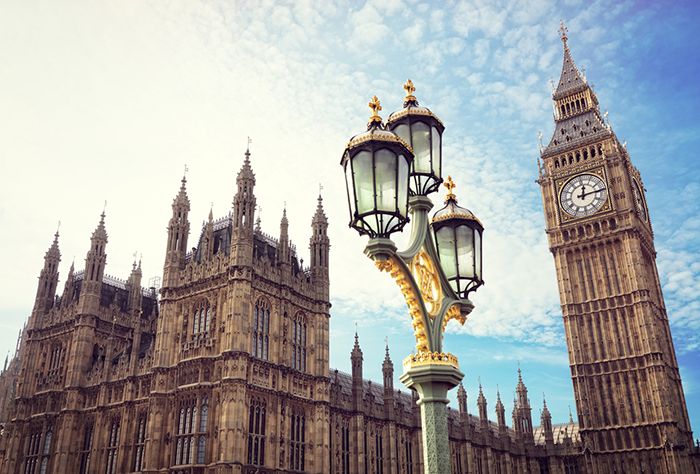
Reports that chancellor Rishi Sunak is preparing to extend the stamp duty holiday by three months until the end of June, has ignited industry reaction on what was already a hot topic.
Most in the mortgage industry welcome the move, while also arguing that tapering the suspension of the tax would smooth transactions and avoid the cliff edge homebuyers face in March.
Others argue that getting rid of the tax for properties under £500,000 (as the holiday permits) in the chancellor’s 3 March Budget may lose the treasury £3bn revenues, but would allow an extra 20,000 houses to be built a year.
Here is what the industry is saying.
Audley Group chief executive Nick Sanderson stresses the need for the chancellor not to substitute one cliff edge for another.
Sanderson says: “Whether the stamp duty holiday ends in March or June, the housing market won’t easily withstand the shock of an immediate cancellation. Buyers and sellers will still be left in limbo, just twelve weeks later.
“The policy was implemented to get the market moving and if the Chancellor wants this to continue, it needs to be phased out gradually rather than a hard stop.”
Data shows that the suspension of the tax has more than double housing transactions since it was introduced last July, and this shows little sign of slowing down as the end of March approaches.
The latest data from Experian says that mortgage applications are up 12 per cent to 18 February, compared to the same period a year ago.
Kensington Mortgages chief executive Mark Arnold argues this boost to the market demonstrates that properties under £500,000 should remain exempt from the tax.
Arnold says: “The chancellor should, in our view, make the threshold permanent. According to our research, keeping the stamp duty at its current threshold of £500,000 could lead to a fiscal surplus for the UK treasury of £139 million a year, generated by higher transaction volumes, increased property prices, household consumption, and housing market activity.
“It’s the equivalent of 37,000 more property transactions each year. Reform could also lead to greater regional mobility – with ancillary trickle-down benefits – and stimulate downsizing, freeing up family homes and address the UK’s vital stock shortage. Permanent reform seems like a no brainer.”
But Habito chief of strategy Martijn van der Heijden says lower property prices tax thresholds will drive up prices for first-time buyers.
Van der Heijden adds: “The tax break has also clearly had a huge impact on house price growth, which for the year was up 8 per cent-plus according to the ONS.
“This, in turn, affects affordability. Given the Conservatives’ commitment to getting young people on the property ladder, it’s only right that there is not a long-term extension of the scheme.
“It’s an expensive tax-break for the Treasury to run, and there’s likely to be strong calls for tax-breaks to be offered elsewhere as the economic recovery starts in the summer. With there being calls for the tax to be fully scrapped, we wait to see whether that happens and what a replacement scheme may look like.”
Barrows and Forrester managing director James Forrester echoes the view that the stamp duty holiday reveals a market in which housing stock is in short supply.
Forrester says: “The property market has stood tall and weathered the economic uncertainty posed by the pandemic and so it makes sense that the government would want to cling to this as perhaps their only indicator of handling the situation successfully.
“Of course, while a welcome move for many, it is simply another attempt to maintain an overheating housing market by fuelling demand rather than tackling the real issue of building more homes.”



